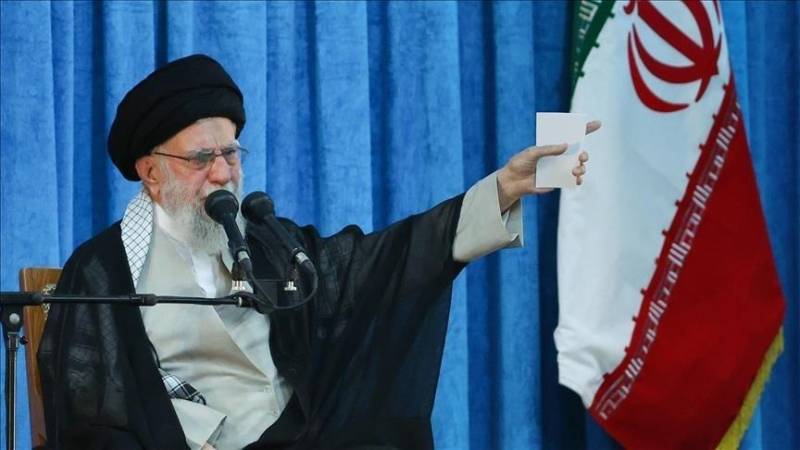Israel Targets Foundations of Iran’s Supreme Leader Rule in Escalated Strikes
On June 21, Israeli forces reportedly expanded their aerial and cyber campaign beyond Iran's nuclear infrastructure, targeting institutions that support the power of Supreme Leader Ayatollah Ali Khamenei. Intelligence sources confirm that Israel is now pursuing what analysts describe as a "deep state destabilization strategy," attacking not only military facilities but also internal regime mechanisms such as police headquarters, state-run media hubs, and paramilitary coordination centers.
The latest wave of strikes allegedly disrupted operations at a key base of the Basij militia in Mashhad and a religious media broadcasting station linked to the Supreme Leader’s office in Qom. In addition, Iran’s government acknowledged that cyberattacks briefly disabled segments of IRIB (Islamic Republic of Iran Broadcasting), causing disarray in state propaganda distribution. These moves signal a broadening of Israeli objectives—from counter-proliferation to psychological and institutional warfare.
Military analysts say this pattern resembles a "soft decapitation" campaign—whereby Israel seeks to shake public confidence in Tehran’s control, without directly targeting Khamenei himself. Though Israel has denied an official policy of regime change, the cumulative effect of these strikes may foster instability from within, particularly as civilian protests simmer amid war-related economic strain and inflation topping 60%.
The Iranian government accused Israel of launching “an all-out war against the soul of the Islamic Republic” and warned that further attacks on internal structures would “cross all red lines.” The IRGC has since issued statements urging citizens to “resist psychological warfare,” while reinforcing defenses around key regime buildings.
International concern is growing, with the UN and Red Cross warning that attacks on civilian infrastructure disguised as military assets may violate humanitarian law. EU officials fear that continued strikes on symbolic institutions will erode any remaining diplomatic openings.
Experts believe the Israeli strategy is calculated but risky. By undermining the Supreme Leader's institutional authority without offering a diplomatic offramp, Israel risks provoking broader conflict with Iran’s regional proxies—potentially drawing in Iraq, Syria, and Lebanon more aggressively.
This new phase of the conflict reflects Israel’s evolving approach: not merely preventing Iran from going nuclear, but eroding the regime’s ability to sustain itself through domestic control mechanisms.








